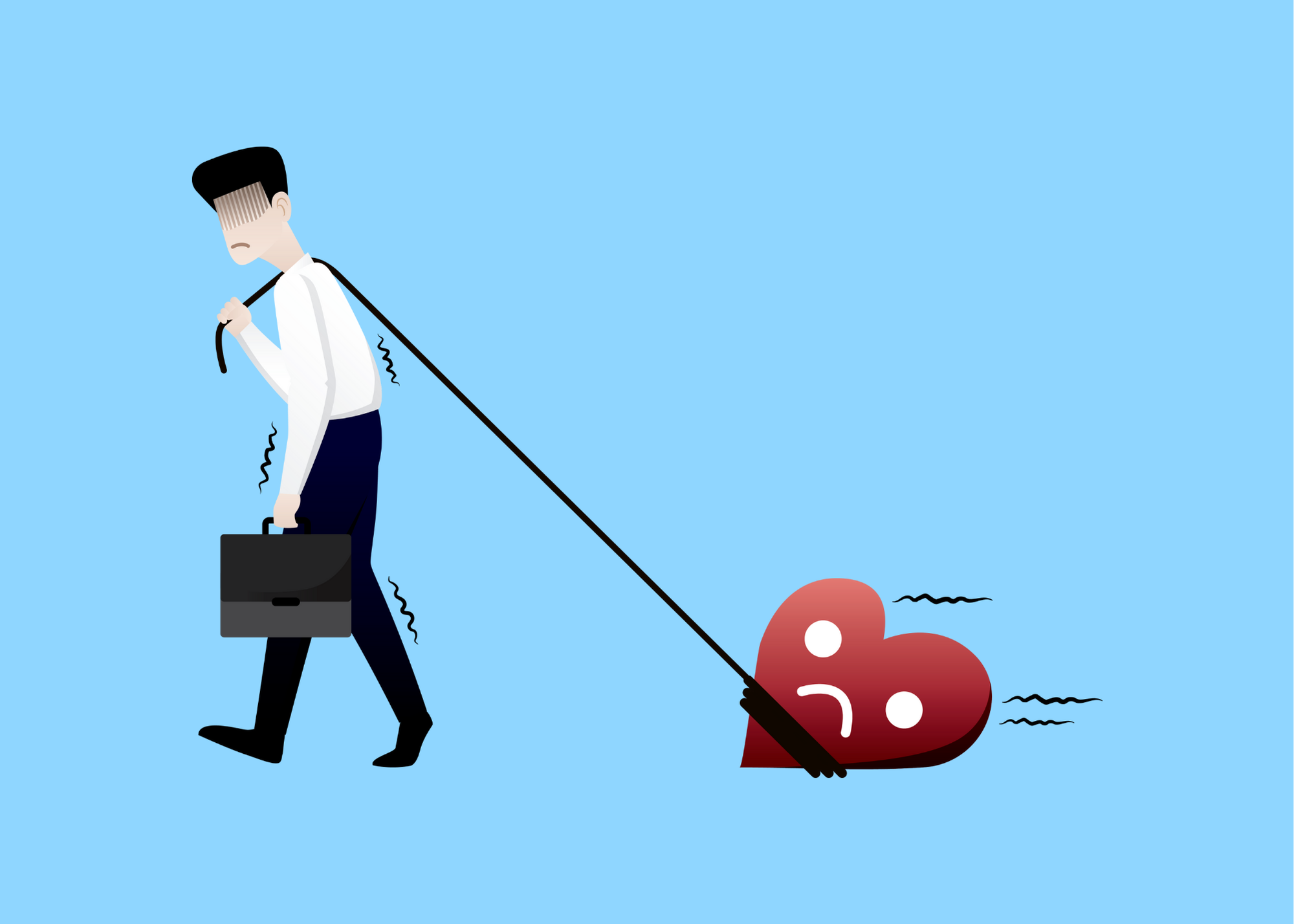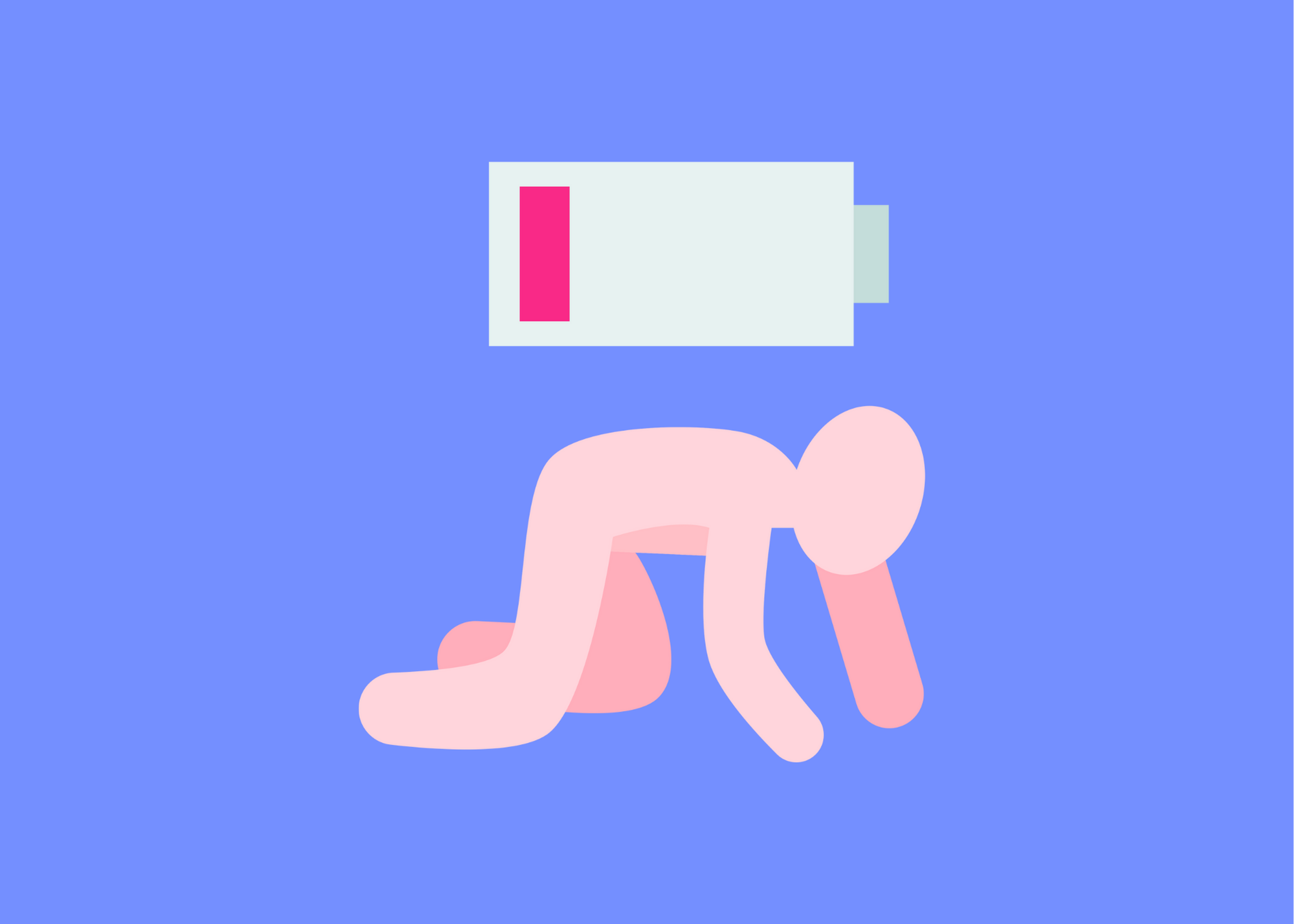Spend Time Outdoors: It’s Crucial for Wellness, Especially When You’re Stressed Out
Time in nature is proven to lower cortisol, reduce anxiety, and improve moods.
Spending time outdoors often takes a backseat to the fast-paced, screen-dominated lives many of us lead. Yet, connecting with nature is one of the most effective and accessible ways to improve physical, mental, and emotional well-being. As a health and wellness coach with a focus on stress management, burnout recovery, and fitness, I often emphasize the importance of outdoor time as a powerful tool for holistic health.
Whether it’s a walk in the park, a hike through the woods, or simply sitting outside to enjoy the sunshine, being in nature offers scientifically proven benefits that can transform your wellness journey.
For busy professionals struggling with chronic stress or burnout, spending time outdoors can serve as a natural stress reliever. Nature has been shown to lower cortisol levels, reduce anxiety, and improve mood, offering a simple yet highly effective way to recharge and reset your nervous system. Prioritizing outdoor time, even for just a few minutes a day, can create lasting improvements in mental clarity, emotional balance, and physical health.
The Wellness Benefits of Spending Time Outdoors
Reduces Stress and Enhances Mental Clarity
Nature has a calming effect on the nervous system. Studies show that spending time outdoors lowers cortisol levels—the body’s primary stress hormone—while reducing symptoms of anxiety and depression. Nature exposure promotes mindfulness by encouraging you to focus on your surroundings, which helps quiet racing thoughts.
Example: A simple 20-minute walk in a green space can significantly decrease stress markers, making it an effective tool for burnout recovery.
Boosts Physical Health
Being outdoors often encourages physical activity, whether it’s walking, cycling, or gardening. The movement improves cardiovascular health, strengthens muscles, and boosts energy levels. Additionally, exposure to sunlight is essential for Vitamin D synthesis, which supports bone health, immune function, and mood regulation.
Example: If you feel drained after long hours indoors, a brisk walk outside can recharge your body and improve your mood.
Improves Sleep Quality
Natural light exposure during the day helps regulate your circadian rhythm, the body’s internal clock. This leads to better sleep quality at night—a critical factor in recovering from burnout and maintaining overall health.
Example: Spending even 10–15 minutes in the morning sunlight can signal your body to wake up naturally, improving energy levels throughout the day and preparing your body for restful sleep at night.
Strengthens Emotional Resilience
Outdoor experiences encourage perspective and foster emotional resilience. Being in nature often reminds us of the bigger picture, helping us let go of minor frustrations and build mental toughness.
Example: Activities like hiking or kayaking challenge you physically and mentally, fostering a sense of accomplishment and resilience that translates to other areas of life.
Practical Ways to Incorporate Outdoor Time
Start Small
You don’t need to plan elaborate outdoor excursions to reap the benefits. Small, consistent efforts can make a big difference.
Action Step: Start with a daily 10-minute walk around your neighborhood or a nearby park. Use this time to unplug and focus on your surroundings.
Combine Exercise with Nature
Outdoor workouts offer dual benefits: physical activity and nature exposure. Activities like running, yoga, or bodyweight exercises can easily be done in open spaces.
Action Step: Bring your fitness routine outside once or twice a week. For example, replace a treadmill session with a run on a local trail or a workout in your backyard.
Make It Social
Combine social connection with outdoor time for an added wellness boost. Invite friends or family to join you for a hike, a picnic, or a game of frisbee.
Action Step: Schedule outdoor outings with your support network to make spending time in nature a shared and enjoyable experience.
Practice Mindfulness Outdoors
Use nature as a setting for mindfulness exercises like meditation or deep breathing. Focus on the sights, sounds, and smells around you to ground yourself in the present moment.
Action Step: Try a 5-minute outdoor meditation session where you close your eyes and pay attention to the feeling of the breeze, the rustling leaves, or birdsong.
Overcoming Barriers to Outdoor Time
For many busy professionals, the idea of spending time outdoors can feel like a luxury. However, even the smallest changes can make a significant impact.
Barrier: “I don’t have time.”
Solution: Integrate outdoor time into existing routines, like eating lunch outside or taking phone calls while walking.
Barrier: “The weather isn’t ideal.”
Solution: Dress appropriately and embrace the seasons. Rainy days are perfect for a brisk walk with a raincoat, while snowy days can offer serene outdoor experiences.
Barrier: “I’m not near green spaces.”
Solution: Seek out small urban parks, gardens, or even outdoor seating areas. Any exposure to natural light and fresh air can be beneficial.
Final Thoughts
Spending time outdoors is one of the simplest yet most powerful ways to enhance your physical and mental health. It’s not just about exercise; it’s about connecting with nature, reducing stress, and resetting your body and mind.
If you’re feeling stuck or burnt out, incorporating outdoor time into your routine can be transformative. As part of a holistic health strategy, it supports recovery, builds resilience, and promotes long-term well-being.
Ready to optimize your wellness journey? Let’s create a personalized plan that incorporates outdoor time and other proven strategies for stress management and burnout recovery. Together, we can help you thrive in all aspects of your life.
Need Help? Have you forgotten what fresh air feels like?
Screens, deadlines, and stress don’t regulate your nervous system—sunlight and stillness do.
Time outside isn’t indulgent. It’s medicine.
💡 Let’s make space for it in your daily rhythm. Book your free 20-minute consult today.
Article References
The sources cited in the article:
American Psychological Association (APA). "Nurtured by Nature." APA - Nurtured by Nature
Mayo Clinic. “Mental Health Benefits of Nature.” Mayo Clinic - The Mental Health Benefits of Nature
Mental Health America (MHA). "The Outdoors and Nature." MHA - The Outdoors and Nature
Harvard. "Boost Your Mental Health by Spending Time Outside.” Harvard - Boost Your Mental Health by Spending Time Outside
National Institutes of Health (NIH). “Associations between Nature Exposure and Health.” NIH - Nature Exposure and Health
American Heart Association (AHA). “Spend Time in Nature to Reduce Stress and Anxiety.” AHA - Spend Time in Nature
TIME. “Here’s What Being Outside Can Do for Your Health.” TIME - Here’s What Being Outside Can Do for Your Health






